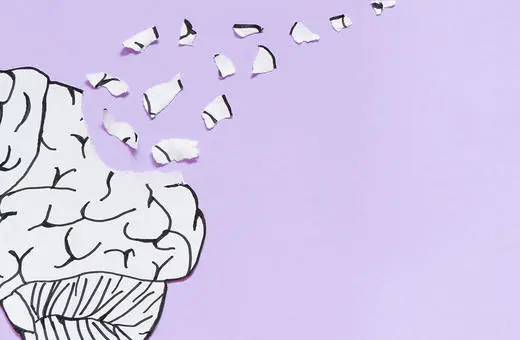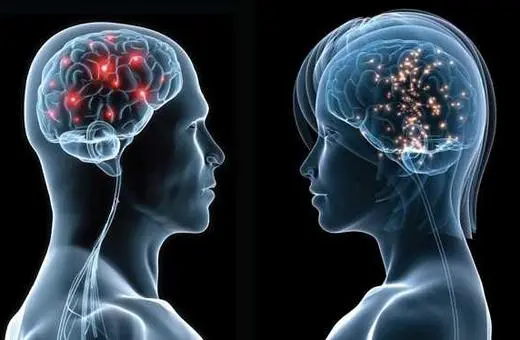Psychiatry is caught up in a number of philosophical errors. One is reductionism, as psychiatry tends to seek underlying biological causes for mental disorders. The other is dualism, as it thinks of mental disorders as either caused by our brains or caused by our minds. Both these errors are a result of seeing the world as made up of a hierarchy of things. Instead, if psychiatry saw the world as fundamentally made up of processes, dynamically interacting with each other, a much more nuanced understanding of mental disorders would become available to it, argues Elly Vintiadis.
Following the tradition of Democritus and the atomists, traditional metaphysics in the West has seen the world as made up of things that are in turn made up of smaller things - and so on all the way down. This, however, is only one possible way of seeing the world. Another one is that of Heraclitus who famously said that everything flows. According to this view, the world is constantly in flux and made up of a hierarchy of intertwining processes that exist at different time scales. For instance, a human organism whose properties change throughout its development is a process, but a more extended one than the underlying process of cell renewal that our bodies constantly undergo.
Clearly, there is change and there are processes even in non-processual metaphysics,for instance, we talk of events, like my throwing a ball. In such a context it is generally understood that the change that happens during processes are changes that an enduring subject undergoes (e.g., a person whose properties change). In contrast, in process metaphysics, processes in dynamic interaction are the underlying nature of everything that we experience as stable. The key in this debate is to contrast a static versus a dynamic view of the ultimate constituents of reality. This distinction can help us see how many mistakes of modern psychiatry rely on traditional metaphysics, and thus motivate a shift to process metaphysics for a better understanding of mental disorders.
___
There is no one underlying biological cause of major depression - it can result from a number of different possible causal pathways.
___
If we think of the world as made up of a hierarchy of different levels of organization, as is common when we think in terms of things, we often think in terms of the ‘lower’ levels determining the properties of the ‘higher’ levels. This can easily lead to the idea that the lower levels are the (only) genuinely causal ones. In psychiatry this reductionist picture is reflected in the biomedical model which aims to uncover the biological causes of patients’ symptoms, focusing on the brain as the locus of mental disorders. This can lead, in turn, to essentialism about mental disorders. That is, it leads us to ask what a mental disorder really is, what its biological ‘essence’ is, or what it is that all instances of a particular disorder have in common - the causal agent of their symptoms.
However, we have not managed to reduce mental disorders to disorders in the brain, or find their ‘essence’. Most mental disorders are multicausal (caused by many factors) and causally heterogeneous (the same disease can be caused by different combinations of factors) and evidence shows that the onset and post-onset course of many disorders is caused by environmental, social and cultural factors. For instance, there is no one underlying biological cause of major depression - it can result from a number of different possible causal pathways.





















Join the conversation